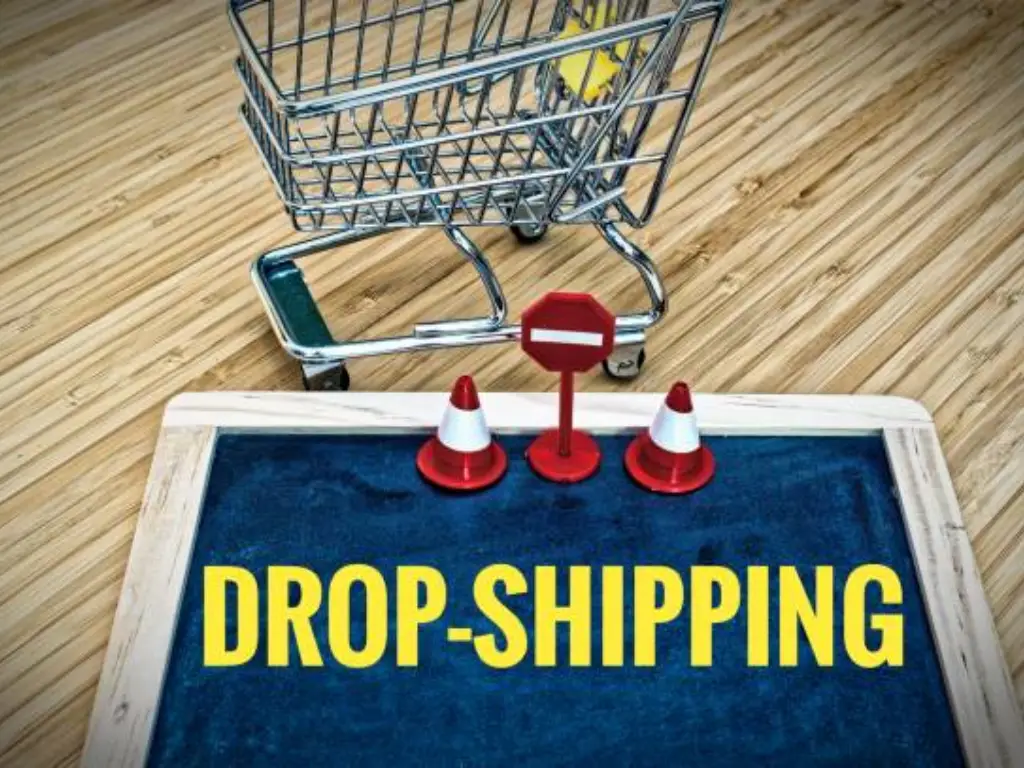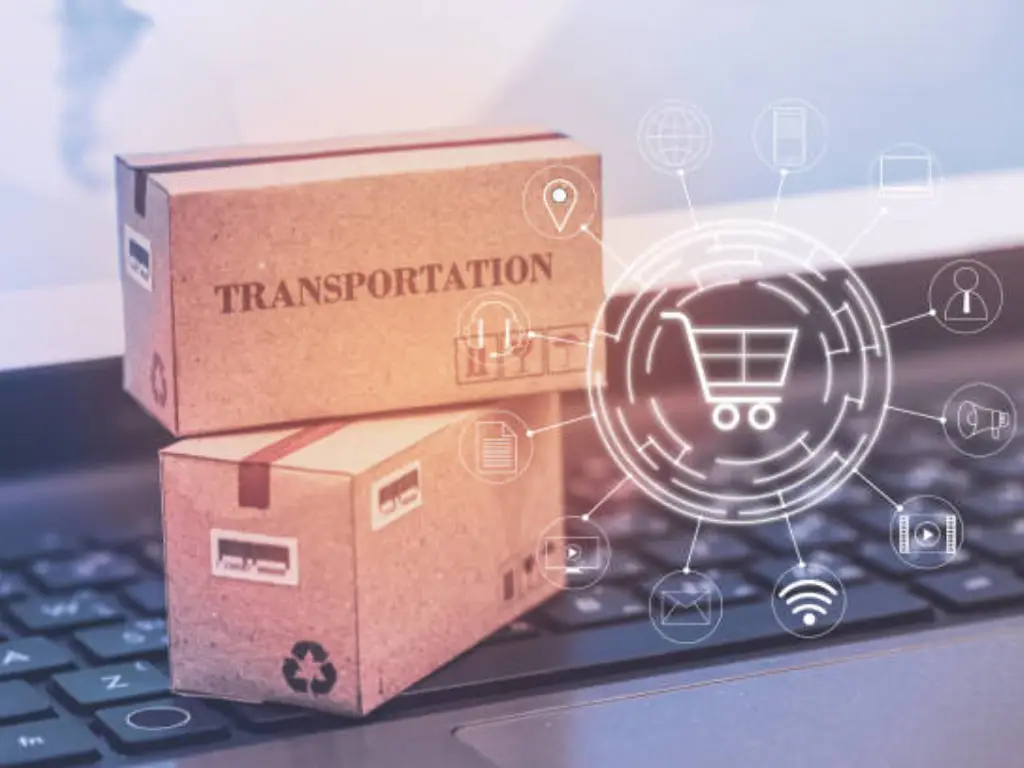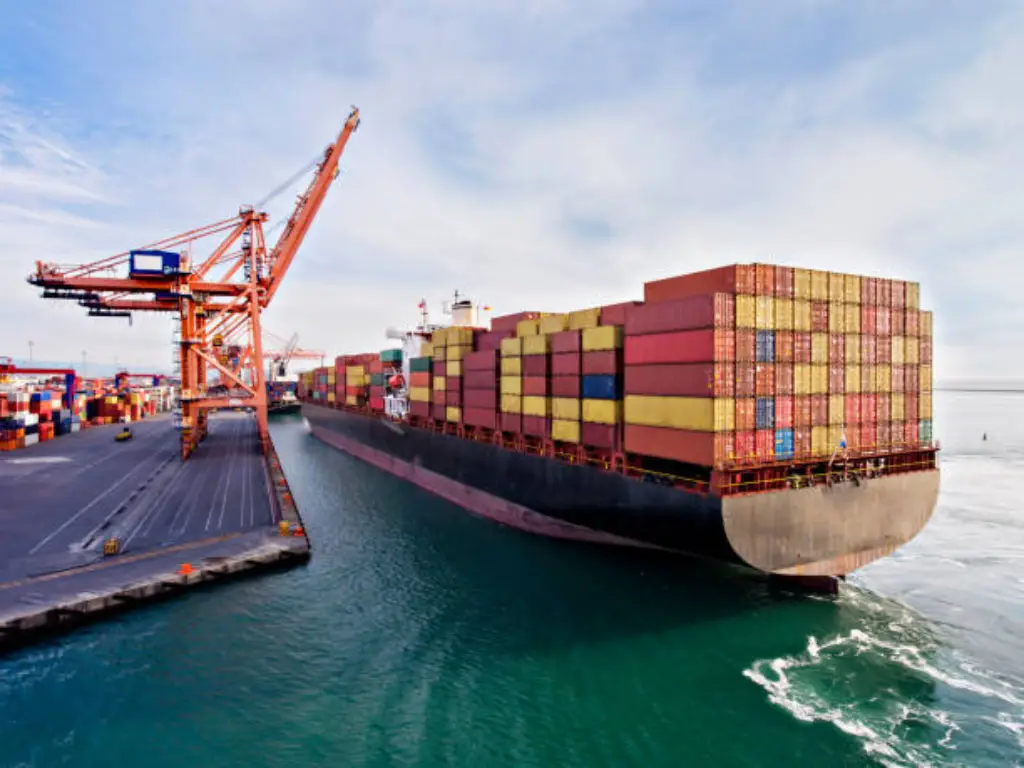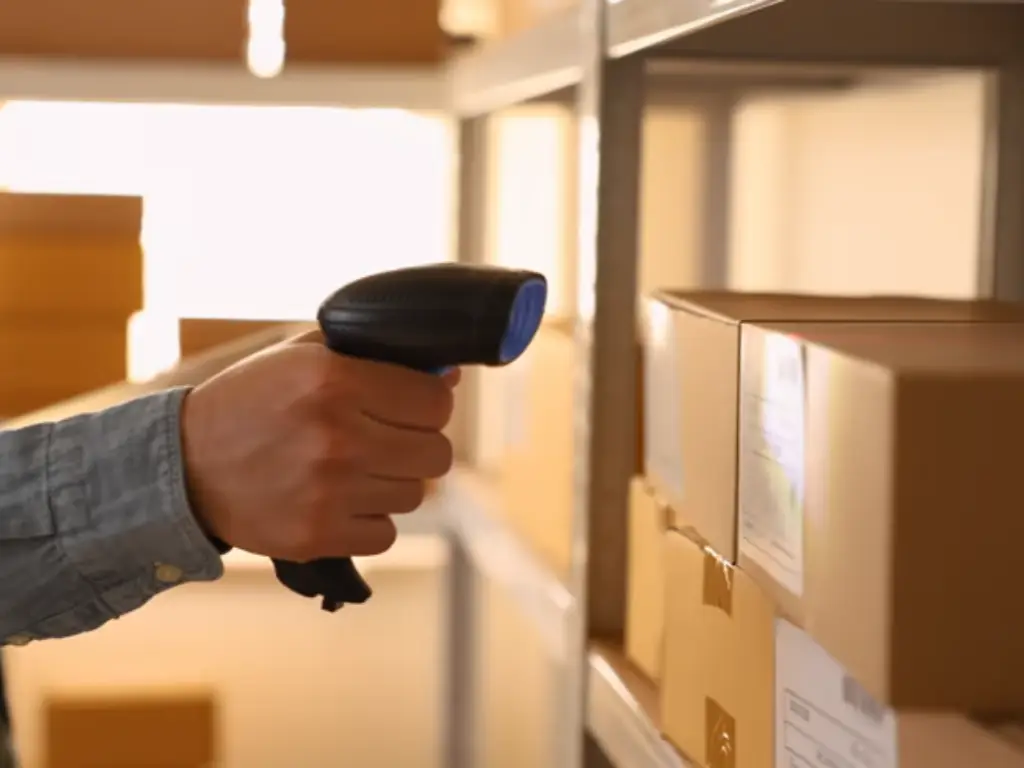Why “Is Dropshipping Legal” is Every Seller’s First Question

Let us get to the point. You may have encountered the widely promoted vision of a modern ecommerce business model. The vision of a new age ecommerce company, free of the old world shackles of inventory, warehouse space, and overhead that strangles profits. Dropshipping business model is marketed as a smooth, frictionless route to profit. As the wise businessperson, you just create a beautiful online shop, learn how to use social media marketing, and the orders of customers will come.
But there is a question that cuts through the noise, a voice of doubt that separates the wishful thinkers and the real business builders. Is this legal at all?
This is not a minor question. It is the question of the foundation. Neglecting legal considerations can expose your business to significant risks and unexpected complications. While dropshipping offers a streamlined business model, it also comes with a complex set of legal responsibilities that are often overlooked. This guide is designed to give you a realistic and legally sound framework for running a dropshipping business. It is about providing you with the armor to make that dream come true, to create a bulletproof online business that will last.
The Core Answer: Yes, Dropshipping is Legal, But the Liability is Yours

All right, then, what is the answer? Dropshipping is a fully legal business model, yes. It is a well-known way of order fulfillment that is employed by both individual entrepreneurs and huge retailers.
Do not misunderstand, however. The model is simple, but this is a two-edged sword. Although a third-party supplier is the one who fulfills your orders, the legal and financial responsibility of each and every product sold is firmly on your hands. You are the proprietor of the business. You are the seller of record. You are the one who sold to the customer who purchases in your store and more importantly, to the law.
Your Shenzhen supplier does not need to take responsibility of a product that violates intellectual property rights. Your client in Ohio is not going to go to another country to find a fulfillment center to complain about the poor quality of the product. They are coming to get you. The dropshipping company that the name of the site belongs to. This shift of responsibility is the very first thing that should be understood to create a legitimate business and not a time bomb.
The Unskippable Legal Cornerstones: 3 Pillars of a Legitimate Operation
Thinking you can run a real business without a proper foundation is like building a skyscraper on sand. It might stand for a moment, but the collapse is inevitable. Before you spend a single dollar on ads, you must erect these three legal pillars. They are non-negotiable.
Business Entity & Taxation

As soon as you sell a product, you are technically running a business- whether you know it or not. You are a sole proprietor by default. However, this default arrangement does not provide any legal protection: when your business is sued, your personal assets, such as savings, car, or house, can be lost.
In order to safeguard yourself, you need to have a formal business structure, e.g. a Limited Liability Company (LLC). This keeps your personal finances separate to your business, reducing your liability and providing a clear legal distinction. It is not only a clever move, it is simple risk management.
Once you have established your business entity, you will also be required to acquire the right business licenses and tax identification numbers. These must be able to abide by the local laws, collect and pay sales tax where necessary and report your business income correctly. Ignoring this isn’t just bad bookkeeping; it’s tax evasion.
Consumer Rights & Your Store Policies
The Terms of Service, Privacy Policy, and Refund Policy on your site are not some filler text that you copy off of another site. They are contracts between you and your customers, which are legally binding. They are your initial defense in a conflict.
These documents should be simple, detailed, and above all, they should be within the consumer protection laws. This involves laws such as the General Data Protection Regulation (GDPR) in case you sell to European clients. What is your policy on returns? How long do you take to ship? What do you do to safeguard customer information? Unclear or deceptive policies are a formula to chargebacks, negative reviews, and possible lawsuits. Good customer service and customer support starts with clear and equitable policies. This is an essential component of your legal compliance strategy.
Financial Compliance
Mixing personal and business money is a rookie mistake that will ruin your legal protection. Open a business bank account. Everything in should be revenue and everything out should be expenses. Not only does this make your accounting much easier and filing your income tax infinitely easier, but it also demonstrates to the authorities that you are running a serious, legitimate business. It strengthens the integrity of your business structure and is an un-negotiable element of professional operations.
The Biggest Minefield: Products, IP, and Supplier Vetting
One of the greatest legal risks in dropshipping is product sourcing. Selecting the incorrect suppliers or selling unverified products may result in lawsuits, platform bans, or customs problems. Always vet your suppliers and ensure the products meet all legal requirements.
The Intellectual Property Alarm
This is the quickest method of closing your business. Selling counterfeit or IP-infringing products is a serious violation of ecommerce laws and platform policies. The use of a copyrighted image, a trademarked brand name in your product description, or the sale of a product that is an obvious knockoff of another company intellectual property can cause catastrophic far-reaching effects.
Big corporations employ law firms whose sole purpose is to troll the internet looking to find copyright infringements. The ideal situation is a cease-and-desist letter. The worst-case scenario is that your payment processor accounts will be frozen, your seller account on such sites as Amazon will be terminated, and you will be sued and go bankrupt. It is not a defense to say that one did not know. You are fully responsible of the copyright infringement that your supplier is doing.
Product Safety & Certifications
As a seller, it is your legal obligation to make sure that the products you sell are safe to the consumer. This involves ensuring that products comply with applicable safety regulations and bear any necessary certification- especially in higher risk categories like electronics, children products and cosmetics.
For example, a baby toy with small detachable parts could pose a choking hazard, or an uncertified USB charger may cause a fire. In this instance, the seller is usually held liable even when the product was produced in a different location.
Consumer protection laws, such as the Consumer Product Safety Act (CPSA) in the U.S. and similar regulations in other countries, are designed to prevent harm and ensure accountability throughout the supply chain. As a dropshipper, you may not handle the products directly, but you’re still responsible for what you sell.
To manage this risk, it’s essential to:
- Work only with suppliers who can provide safety certifications or compliance documentation.
- Understand which regulations apply to your product categories in your target markets.
- Consider obtaining product liability insurance, especially if you’re selling in regulated or high-risk categories.
Product safety is not only about compliance, it is also an important element of establishing trust with customers and avoiding expensive legal problems.
The Illusion of Effective Supplier Vetting
The common advice given to many drop shipping beginners is to vet your suppliers, but this is hardly ever elaborated in a practical way. This process, in the majority of the cases, boils down to messaging several sellers on big marketplaces such as AliExpress or Alibaba, scanning reviews, and selecting the one with the best rating. Although this may appear to be due diligence, it is not a very sound strategy.
Using suppliers who are not known and there is no clear vetting process poses a lot of risks. These may involve uneven quality of products, late deliveries, wrong order fulfillment, lack of communication, and deliveries of packages with unanticipated branding or third-party invoices. These problems are not only a problem of customer satisfaction, but they can also hurt the reputation of your brand and cause legal and financial liability.
True supplier vetting requires:
- Requesting product samples before selling
- Verifying business licenses and certifications
- Reviewing fulfillment processes and return policies
- Establishing clear communication channels and expectations
- Working with suppliers who understand and support your business model
This may be difficult to those who are new, but it is necessary. The relationship with a stable and reliable supplier is the basis of any retail business, including dropshipping. Without it, you are constructing on uncertainty, not strategy.
The Ultimate Solution: How a Professional Agent Defuses Risk at the Source
After reviewing the legal and operational complexities of dropshipping, it’s clear that the traditional model presents significant challenges. In many cases, business owners are left to manage the majority of the risks with limited control over key areas of the supply chain, such as product quality, fulfillment, and customer support.
This is where a professional dropshipping agent can provide a valuable solution. Unlike traditional suppliers, a dropshipping agent serves as a strategic partner, helping to manage and mitigate risks across multiple stages of the process. They work closely with you to ensure smoother operations, better communication, and greater control over critical aspects of the business.
By collaborating with an agent, you gain more reliable oversight and reduce potential issues, helping to build a more stable and scalable business model.

Our mission at SpeedBee Dropship is to defend and empower your business, not to find products. We begin by removing intellectual property risks by conducting due diligence on suppliers and products, and making sure that there are no patent or trademark infringements in your supply chain. This is a proactive measure that avoids expensive litigation. We also maintain our dedication to quality control: all of our products are checked by our quality control team prior to shipment to make sure that they are safe and up to the standards of your brand, which greatly minimizes returns and possible liability. We also offer professional and consistent order fulfillment with customizable packaging to boost your brand and adhere to platform policies such as Amazon dropshipping policies. No more generic mailers or surprise invoices of third-party suppliers. All the actions are regulated by a formal dropshipping agreement, and you have complete clarity and peace of mind. When you outsource to SpeedBee, you outsource the operational risks and distractions, and concentrate on what really grows your business, marketing, customer relationships and long-term brand strategy.
Platform Rulebook: Staying Compliant on Shopify & Amazon
Your online business does not live in a vacuum. It is an ecommerce site and they all have their rules that you have to abide by.
- Shopify: Shopify as a platform provides you with the greatest freedom. It is your online shop and you are mostly in charge. But their payment processors (such as Shopify Payments) have their own terms of service. They will not think twice about freezing your funds and closing you down in case they notice excessive chargeback rates or believe that you are selling illegal goods or are involved in false advertising.
- Amazon: Dropshipping on Amazon is another league with a much more strict rulebook. The Amazon dropshipping policy is clear: you have to be the seller of record on all invoices and packaging. It does not allow the customer to buy the products of another online retailer and have the retailer ship the products directly to the customer. When a customer gets a package with the branding of another company, your seller account will be suspended instantly.
Your Action Plan: A Dropshipping Legal Compliance Checklist
Knowledge is useless without action. Use this checklist to audit your operation and ensure you are building on solid ground.
| Checklist Item | Description |
| 1. Establish a Formal Business Entity | Register an LLC or corporation to create legal separation between personal and business assets. |
| 2. Obtain Licenses & Tax IDs | Apply for a federal EIN and secure any required state or local business licenses. |
| 3. Open a Business Bank Account | Keep your business and personal finances separate to maintain clarity and protect your liability. |
| 4. Draft Legal Website Policies | Publish clear Terms of Service, Privacy Policy, and Shipping/Return Policy to meet legal requirements. |
| 5. Secure Your Supply Chain | Vet suppliers carefully or work with a trusted dropshipping agent. Use a written dropshipping agreement. |
| 6. Get Product Liability Insurance | Request a quote to protect your business from claims related to product safety or damage. |
| 7. Understand Platform Rules | Review and comply with terms of service for your ecommerce platforms and payment providers. |
| 8. Review Product Listings | Check all listings for trademark or copyright risks. Remove anything questionable. |
Conclusion: Beyond ‘Legal’ to Sustainable Brand Success
Dropshipping is legal, yes, but that is only the beginning. The actual objective is not just to avoid trouble, but to develop a stable, sustainable business. It implies not only following the trends but also paying attention to compliance, supplier reliability, product safety, and brand integrity. The key to success is to treat your store as a business, not a shortcut. You establish yourself to grow in the long-term, not just in the short-term, by establishing good foundations, collaborating with partners you trust, and taking legal responsibilities seriously.



